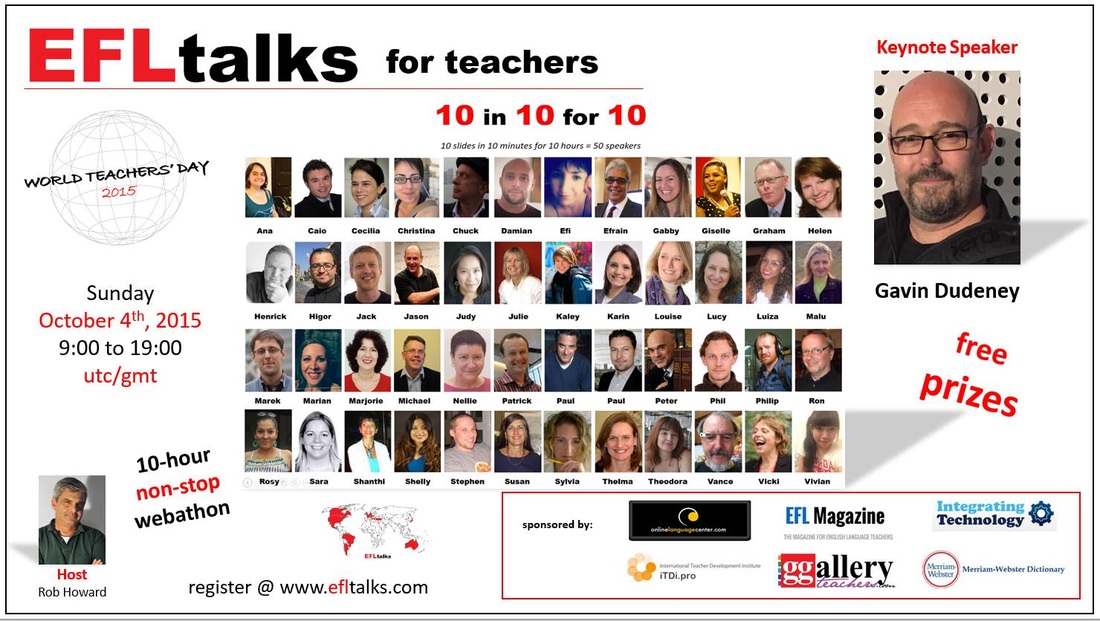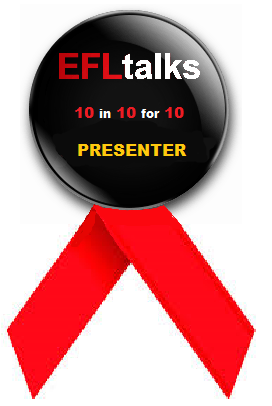|
Homework correction is always a boring activity: - a chore for teachers at home which is of little benefit to students who will quickly look at the red annotations before putting it in their bag, mistakes forgotten in a few minutes; - a bore for students if done in class: one student reads the answers while the others daydream and rarely pay attention. So how to maximise the benefits of learning from one's mistakes? For years I have been implementing correcting together on a 1-1 basis, having the student read aloud and making him note that there's a mistake but not telling him what it is, so he has to reflect and possibly discover the mistake for himself. This has a dual effect: practicing speaking by reading aloud and actively noticing mistakes so that they remain embedded in the student's memory rather that just a fleeting correction ready to be forgotten. Implementing this in the larger context of a class is also possible. In pairs the students swap their homework exercises and take turns in reading them to each other out loud. If they notice a mistake, they say so, show it to their partner and make the correction. In this manner they are again practising their speaking, paying attention to mistakes (usually easier to find in other people's work) and learning from this observation and correction. Finally, everyone is concentrated and engaged, nobody is daydreaming and everyone is focussed, thus maximising the benefits of lesson time. The teacher goes around monitoring the pronunciation and corrections. Even though the teacher cannot be omnipresent, you will certainly have noticed that when a student makes a mistake out loud on the other side of the classroom, somehow you hear it because it irritates you. My students are always amazed that I catch out their mistakes when apparently I'm listening to others across the classroom. Try it out - it's good for speaking, grammar and an engaged class! Beneficial to all including the teacher, who has more lesson preparation time and less correction time available. Let me know in the comments how you get along with this. Follow these tips and enjoy helping people learn English easily!!
Your English fluency teacher, Susan
0 Comments
My personal experience...So many students complain that they'd like to practice their English but they don't have enough time. Other high-performing businessmen and athletes manage to squeeze in a lot of activities into one day. What's their secret? How do you spend your commuting time? Is your commuting time WASTED time or GAINED time? When my son was only three years old I chose to send my children to a very good school which was about half an hour's drive from where we lived. Now many people I know criticized that choice, saying that we would have been wasting our time two hours a day because it was a 30-minute drive one way and that was only one of the many disadvantages. In reality it turned out to be gained time because, on the two laps with my children in the car, going to and returning from school, when they were young, we sang songs, spoke to each other, told each other stories, practiced various languages and as they grew we also did spelling as well as times tables but what was most important is that we spoke to each other about our concerns, our worries and in particular, any questions about life they had we discussed: the existence or not of Father Christmas, human reproduction, smoking, drugs and all things which were concerning them as they grew up. In that commuting time I managed to also teach them what I thought were the values of life so we built a really deep relationship through commuting and talking together - we were strapped in the car, we couldn't escape from each other and we really got to know each other; I got to trust them and they got to trust me. It bonded our relationship and I know that if we hadn't had this commuting time we wouldn't have built such a strong relationship because I would have done my own thing in the house, with all my household duties, whilst they would have gone to play and it wouldn't have been such an opportunity - so if you use this commuting time wisely, it is only gained time. Not only was it quality time when we were together, but on the journeys where I was alone, on the way to pick the children up or coming back from having dropped them off, I used the time to discover the joys of audiobooks. I had really never used audiobooks and that's when I started discovering how exciting they are! Then I started learning Spanish and realized the advantages of language learning in the car, so for me commuting does not only have the disadvantage of the hassle - sometimes I'm stuck in a queue - commuting isn't only something negative, it's something positive. So that's why you, who I'm sure are very busy, as I always have been, can take advantage for your language learning too because you can listen to podcasts, you can sing songs in English, you can listen to various audio books in the language you're studying and take advantage of audio courses where you listen, where you repeat and even if you don't want to do any of that, you can just talk to yourself in the language you're studying - for most of you that'll be English: talking to yourself will help your jaw get used to forming the words in the language you want to become fluent in and, best of all, nobody can laugh at your mistakes! As a result you'll feel very confident and the more you talk to yourself in this language, even if you're making mistakes, it doesn't matter, you improve your fluency. That's why I think that taking advantage of commuting time means that when you get home you've done your daily dose of teaching yourself a language or practicing it and then when you're home you can dedicate your time to relaxing, doing sports, spending time with your family and that's very important, to have the feeling that you've done something for yourself, without stealing time from the things that you love, which are not necessarily language learning. This is why I've developed this course where you can, while you're in the car, listen, repeat and practice your fluency, practice your listening comprehension and practice your grammar because the exercises, over the weeks, gradually revise the grammar from easy to difficult including phrasal verbs and typical expressions. These are all things that you can do, in particular, in the car whilst you're commuting - I recommend you don't just use the time for listening to music and chatting to your friends on the phone but actually as a kind of training for yourself. Now take advantage of it, see the positive side of it! I teach a lot of doctors; I teach a lot of people who are really, really busy and don't have much time but do commute. These courses are especially useful for people who have a very busy schedule so if you think that you'd be interested, download these courses I developed especially for you busy people - try them out. It's only ten minutes a day every day and you can listen, repeat and practice all your skills - the only skill that isn't really contemplated is writing but that you can practice in the comments box here below. This course was actually conceived for listening and repeating; so download it - the first week is absolutely free – if you find it's useful then you can go on my website and check out if you want to buy one or more weeks of the subsequent course. Turn commuting time into GAINED TIME and enrich your life! I hope you found these tips useful, your fluency guide, Susan P.S. Check out my podcasts to download & listen to whilst commuting if you have no time to watch my videos! 10-minute-a-day FAST FLUENCY TRAINER on-the-go: Why I decided to develop this course and its REVIEWS3/6/2017 Please leave your REVIEW in the COMMENTS below...I wonder if you are like me…. There are so many things that interest me… books, art, music, creative activities, sport… and so I promise myself every week that I’ll find time to read a little, do daily exercise, both to improve my physical and mental health but then… - I want to do my best in my job so I spend a lot of time reading up on the latest developments, I take courses to update my professional skills… - I have a family that needs my attention and with whom I want to spend quality time… - a household that needs managing and taking care of... … and so the days slide by and weeks turn into months and before I know it another year has passed without doing anything for me personally, something I believe I need. This is the reason I decided to develop this course for you, my Fast Fluency Trainer. The idea behind it was to give people the possibility to train their fluency, their speaking skills, while commuting, going for a walk or doing household chores. The beauty of it lies not only in being able to practise without taking away time from all your other activities but it gives you the possibility to speak in private, without feeling that someone is listening and judging you. This gives you the feeling of freedom to make mistakes and experiment with your mouth the different sounds you can make at different speeds, because language can sometimes be a tongue twister and your mouth needs to be exercised. If you practise just 10 minutes a day for 7 days I promise you will feel the language flow easily from your mouth and you will be excited to feel this improvement not only in how easily you speak but also to how well you express yourself naturally without too many grammatical mistakes. So take on the challenge right now - what have you got to lose? Download my FAST FLUENCY TRAINER exercises onto your phone and start listening and repeating them! … and don’t forget to let me know if you found them helpful by adding your comment below!The QUESTION CHALLENGE: a fast, fun, highly effective and exciting question formulating activity for any tense or level. Give each team of students a hotel reception bell (raising your hand is a less exciting alternative). Show only the first sentence with question prompt on the Interactive Whiteboard (or write it on the board). The first team to ring the bell (or raise their hand) gets to formulate the question.
The game should be fast paced for more fun and effective quick thinking The questions I attach in the download are to be formulated in the simple past for A2 level but depending on the type of sentence, higher and lower level challenges can be prepared. The challenge ends when all the questions have been formulated. I hope you have fun with this activity. Susan
Learning English would initially be best done without reading, as the written word distracts learners from hearing the correct pronunciation. DON'T READ! LISTEN & IMITATE the sound you hear! Don't be distracted by the way it's written - LISTEN & REPEAT IMITATING!! The L before the letter K, as in WALK or TALK, is NEVER PRONOUNCED so that we say /wɔːk/. /tɔːk/. As a result we say walkie-talkie /ˌwɔː.kiˈtɔː.ki/ The same happens with L before F as in HALF. /hɑːf/ or before the M as in CALM /cɑːm/ or in SALMON /ˈsæmən/ So remember: Don't be distracted by the way it's written - LISTEN & REPEAT IMITATING!! Check out CAMBRIDGE DICTIONARIES ONLINE to listen to the exact British or American pronunciation of the words: http://dictionary.cambridge.org/it/pronuncia/inglese/salmon http://dictionary.cambridge.org/it/dizionario/inglese/walkie-talkie You can download the pictures below. I hope you find this useful. Susan
English pronunciation has no logic but if you LISTEN carefully you will be able to hear the SUBTLE DIFFERENCES between how a NATIVE says a word & how a learner of English will read a word. DON'T READ! LISTEN & IMITATE the sound you hear - that's the correct pronunciation! Don't be distracted by the way it's written - LISTEN & REPEAT IMITATING!!
Tricky ENGLISH PRONUNCIATION Made Easy is a series to HELP students PERFECTION their PRONUNCIATION in difficult areas of English. Want to speak like a native? Say FACEsssssssBOOK SsssssssLOWLY like a SsssssssNAKE.... Learners of English tend to pronounce the letter S before a consonant at the beginning of a word like a Z so they ZMILE when it ZNOWS; they like ZWIMMING ZLOWLY and they offer UZ a ZLICE of cake just to give a few examples. It gives USsssssss GOOSEsssssssPIMPLES to hear that they live in a HOUZE, that they post THIZ photo on FAZEBOOK! So if you want to speak like a native pay great attention to how we pronounce the letter S in various contexts: http://youtu.be/zMbxBm3gpO8 You can download the picture below. I hope you find this useful. Susan
Tricky ENGLISH PRONUNCIATION Made Easy is a series to HELP students PERFECTION their PRONUNCIATION in difficult areas of English. Pronouncing HUNGRY with a clearly AUDIBLE H and the subsequent letter U with a VERTICALLY OPEN MOUTH (opening the top jaw UP and the bottom jaw DOWN) seems problematic for some students who need to practise this movement and sound very consciously. In contrast there is the pronunciation of ANGRY where absolutely NO H must be heard and the initial letter A must be pronounced with a HORIZONTALLY OPEN MOUTH (opening the MOUTH WIDE from SIDE to SIDE). CORRECT PRONUNCIATION is often UNDERESTIMATED by students who repute us to be exaggerated in our precision but even teachers may have problems understanding a student who does not pronounce words correctly let alone a person on the street or members of an audience at a conference. Therefore CORRECT PRONUNCIATION is a very IMPORTANT part of language acquisition. PRACTISE PRACTISE PRACTISE !! You can download the picture below. I hope you find this diagram as useful. Susan |
Categories
All
Would you like regular English learning & teaching ideas? Subscribe to my blog so you don't miss a post!
AuthorMy name is Susan Brodar, born in London into a multilingual family and brought up bilingual English / Italian. Archives
December 2018
|
|||||||||||||||||||||||||||||||||||||||||

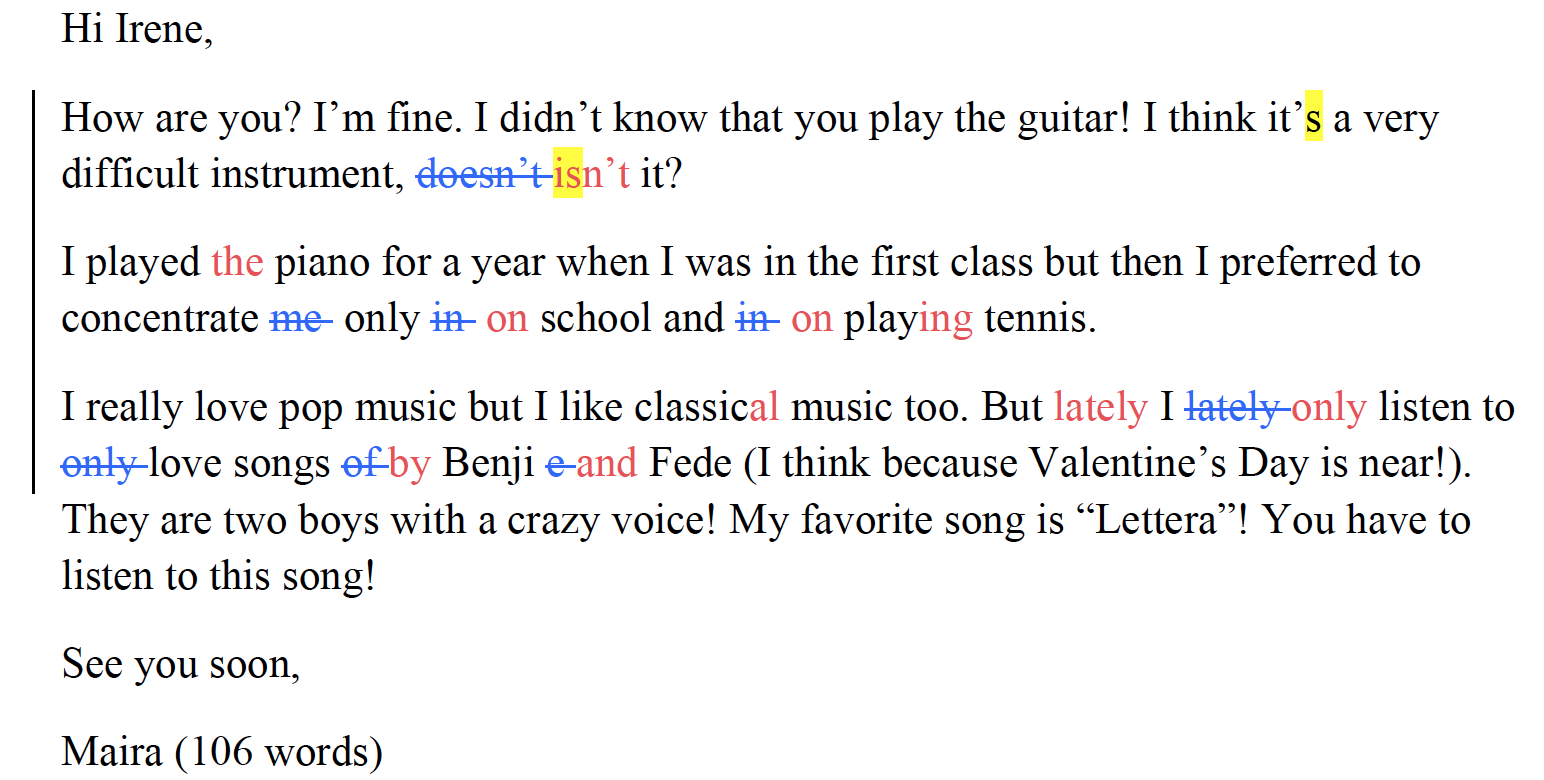
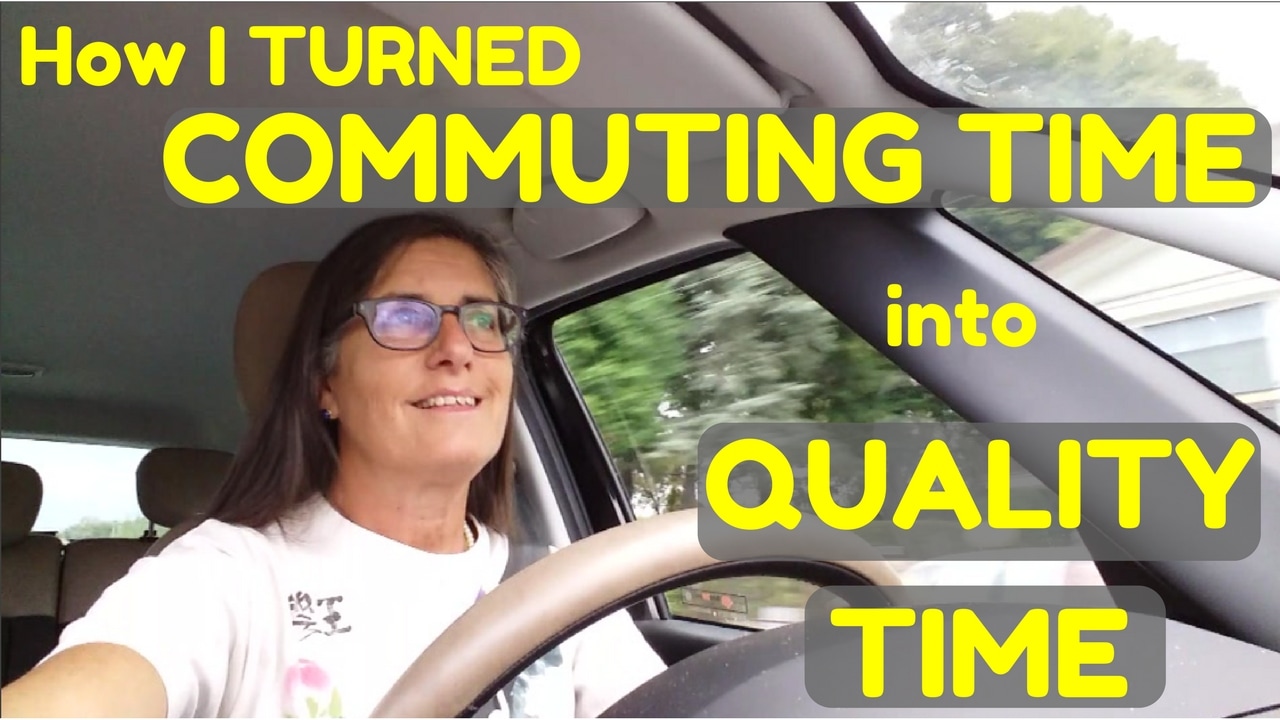
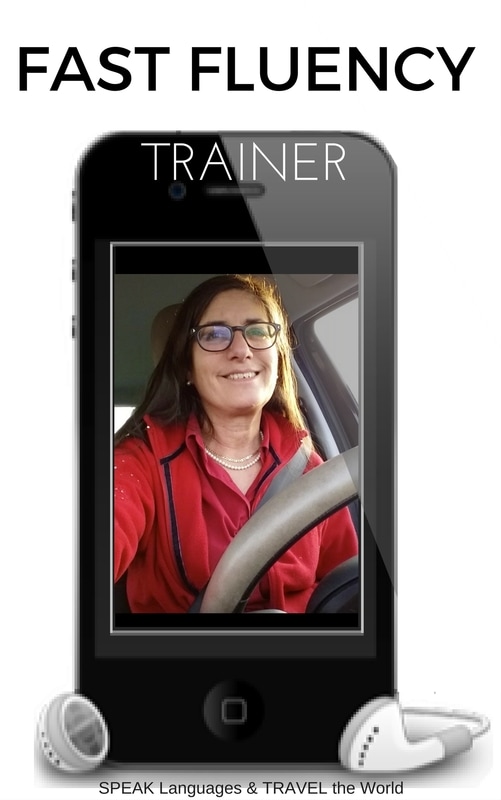


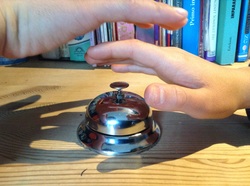



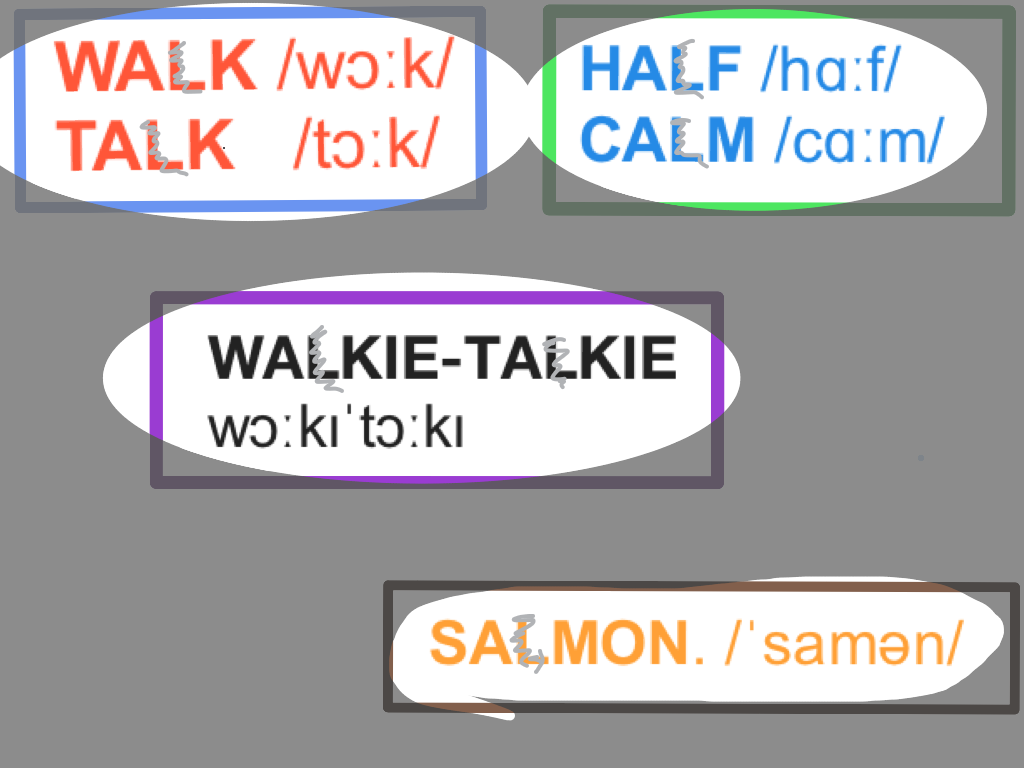
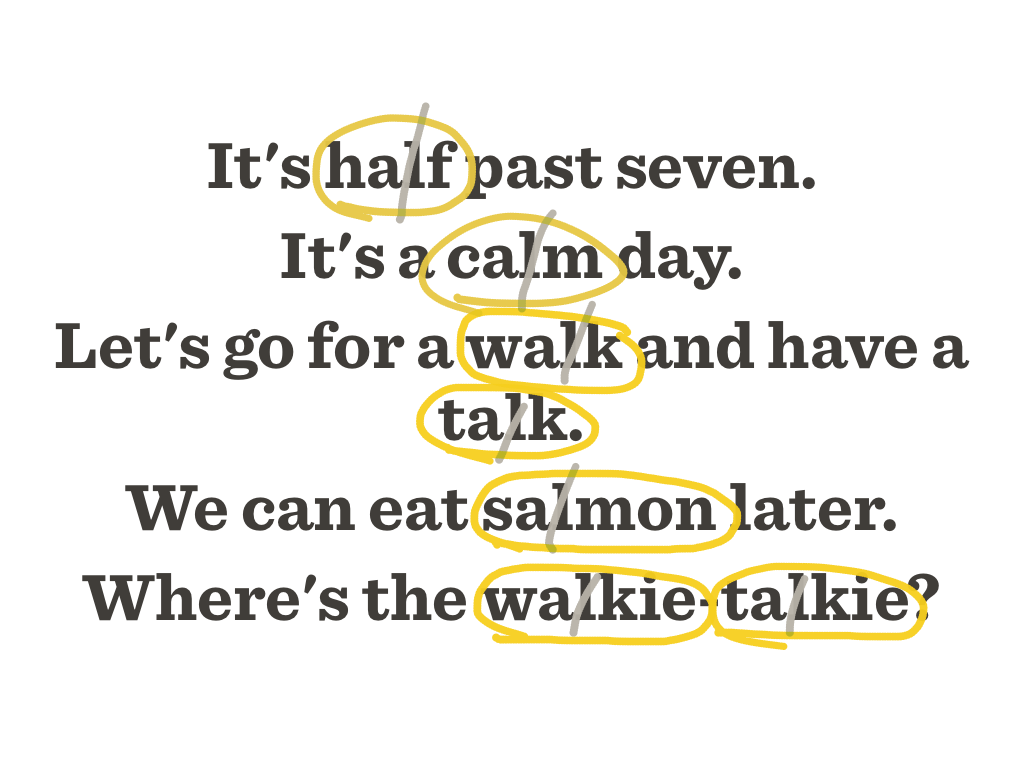
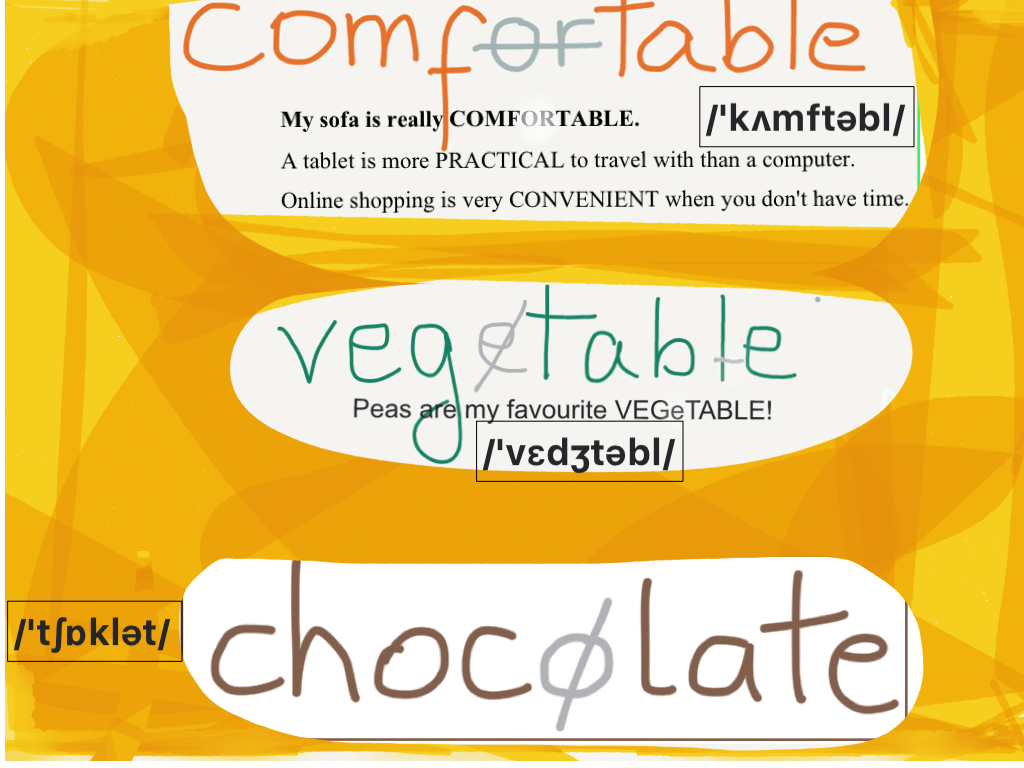
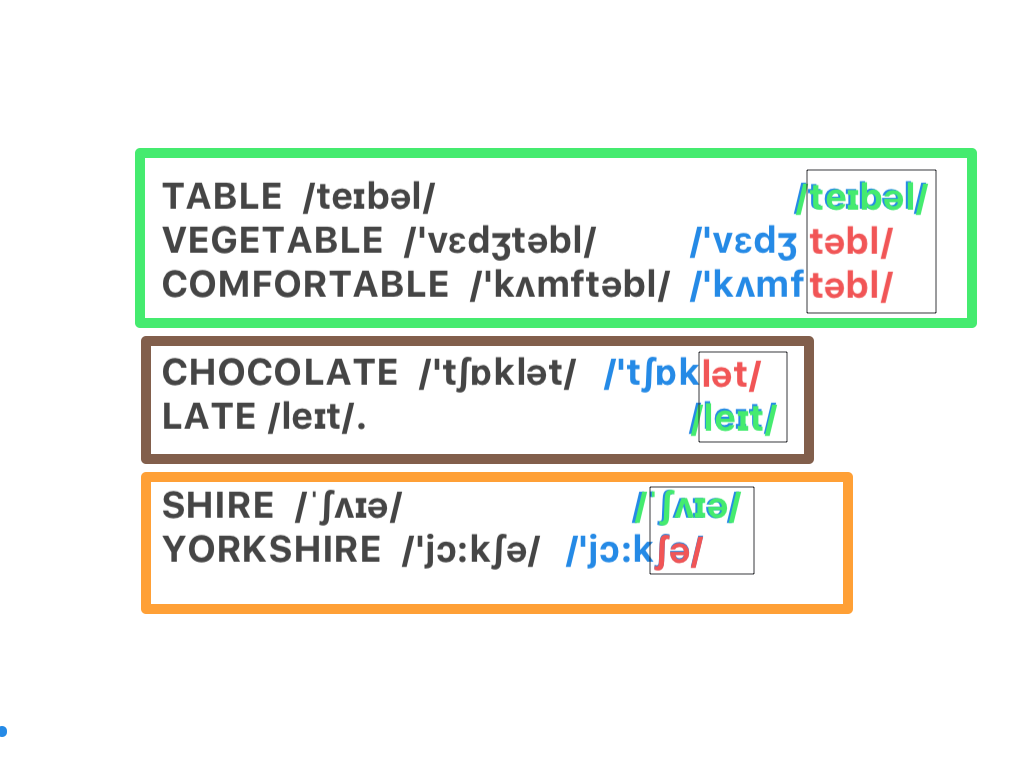
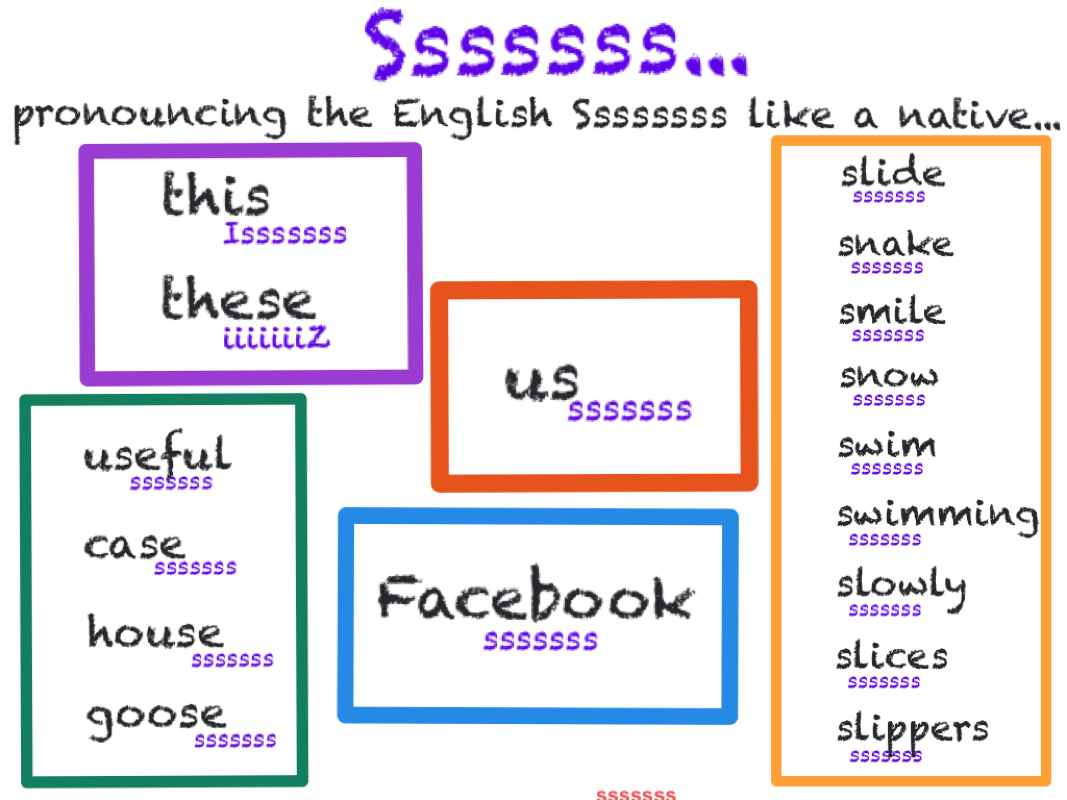
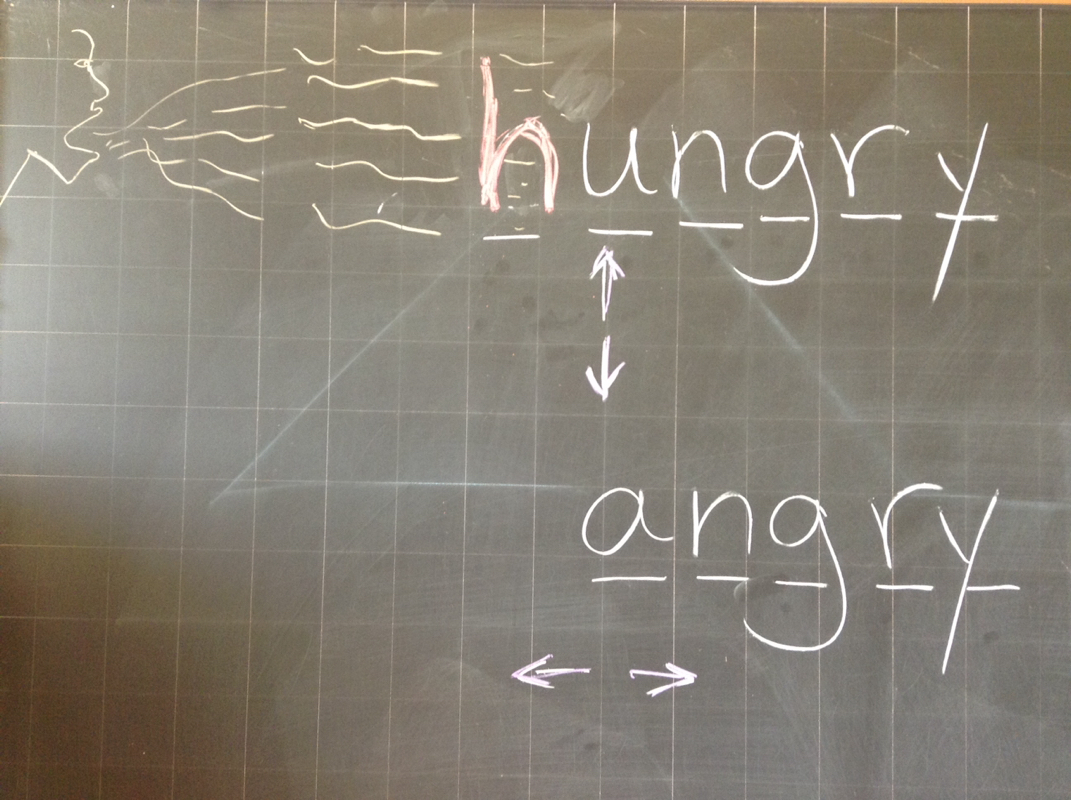




 RSS Feed
RSS Feed
